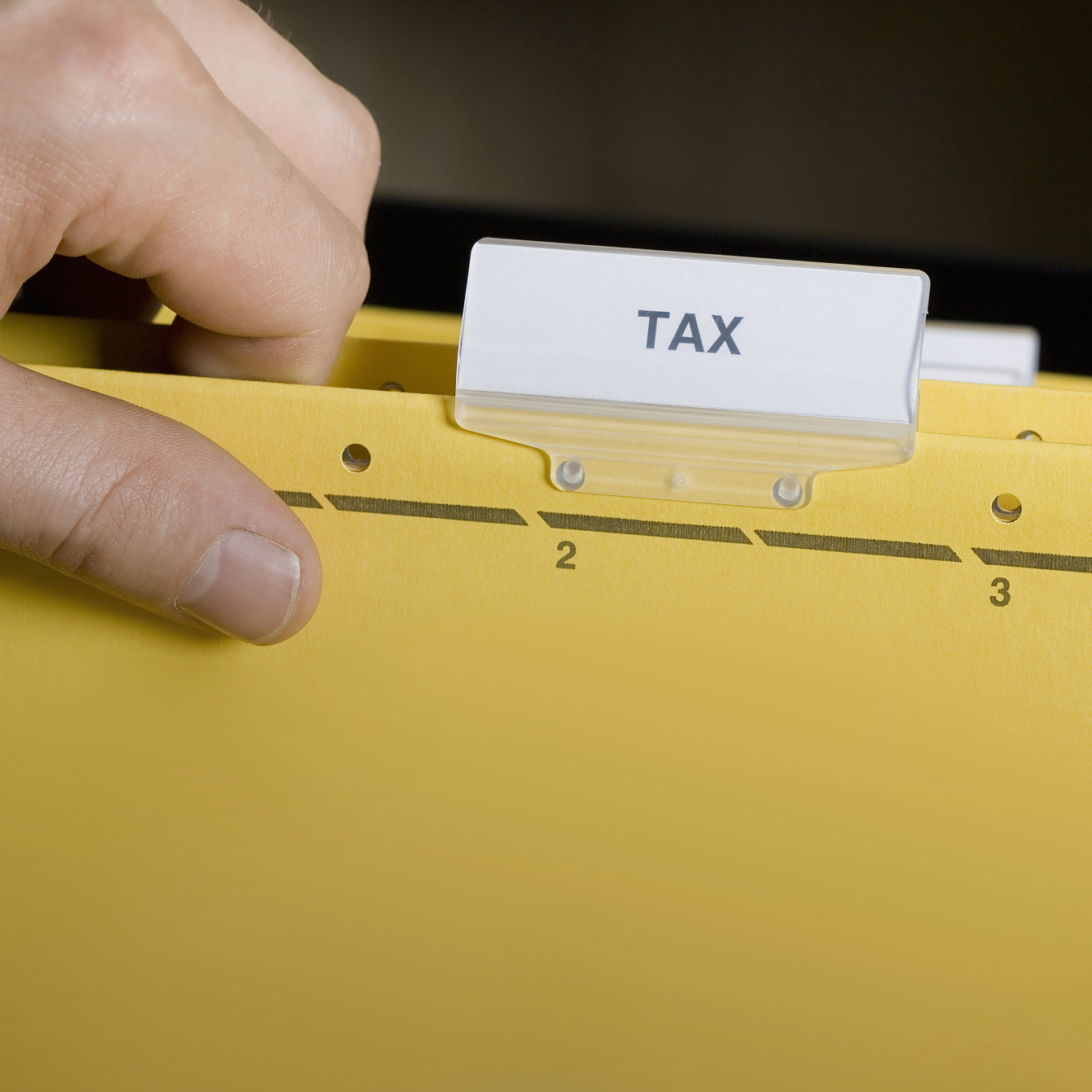Investment in China

China as one of the biggest countries in
the world attracts many international global investors recent years. As a
foreign investor, you have to have a general knowledge of China’s regulations
before your investment.
Here are some introductions about the
Chinese business regulations; we hope this basic information can help you move
the first step on your successful business in China.
1、Chinese government has a business list which shows the encouraged business, limited business and forbidden business for the foreign investors. So before you invest, you have to check whether your business belongs to encouraging business area or not.
2、Whether you need to set up a legal entity in China and if needed, what kind of legal entity suits your business. For instance, some trading companies, they just set up a company in Singapore or Hong Kong, instead of establish company in China. Some company will set up a relative complex structure in some low tax burden countries before invest into China, for instance Cayman, BVI, Hong Kong, UK etc. Meanwhile, there are several business models in China, Representative office (RO), Wholly Foreign Owned Enterprise (WFOE), Joint Venture (JV), Using right business model can save your cost and time.
3、Capital and foreign currency regulations: Although Chinese updating business law is no limitation on the company’s capital amount, but you still have to consider defining a reasonable capital at the beginning to support your office rental, salary and necessary operation fee. Basically, RTF will suggest considering the first half year’s operation funds to be your initial capital.
4、In which city you will locate?
Generally, the first tier cities in China are more international city, like Beijing, Shanghai and Shenzhen. At the same time, each city has its own features in economy, political, and culture.
Some second tier cities like Nanjing, Hangzhou, Tianjin etc, are also the good choice for some investor. And some of the local government will give some subsidy which is some proportion calculated by your contribution tax amount to encourage the people to invest. Of course the beneficial is not only the subsidy, but also some other attractive points, like rent the land etc.
5、The timeline for your investment in China.
The timeline of setting up a legal entity in China is longer compared with setting up business in US, which at least one month will be needed, and if plus the tax filing and buying invoices(Fapiao), it will takes another one month.
6、Taxes in China
The taxes are contains two main part, income tax and value added tax (VAT) and also some local fee and taxes charged by the local tax bureau.
Regarding to the VAT, the Chinese business is divided into two types:
Small tax payer and General tax payer; for Small tax payer, the VAT charging rate is 3%, but for the general tax payer, the tax rate have to be classified by the running business, for instance, if you provide a consulting service, that is 6%; if you sell a product, like iphone trader, that is 16%.
Regarding to the income tax, the general tax rate for the company is 25%, and 15% or 10% for some of the high-tech enterprises which have to be recognized by the Chinese government department after running at least one year.
As for the individual income tax, the Chinese government gives 7 levels, and the foreign staff can applicable for some deduction item before tax, for instance, the rental fee, children Education fee etc.
So far, we introduce the some key points of investing in China, we hope help you at some extent.
If you still have some other questions, you can also check our chargeable consulting; our senior consultant and our partners will provide you a tailored consulting report.




 2018-11-06
2018-11-06









